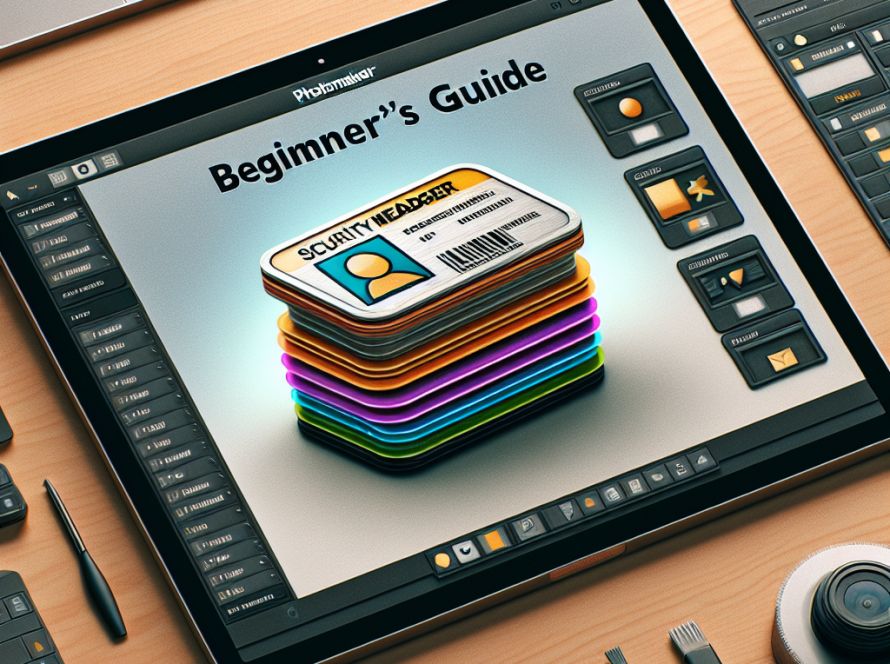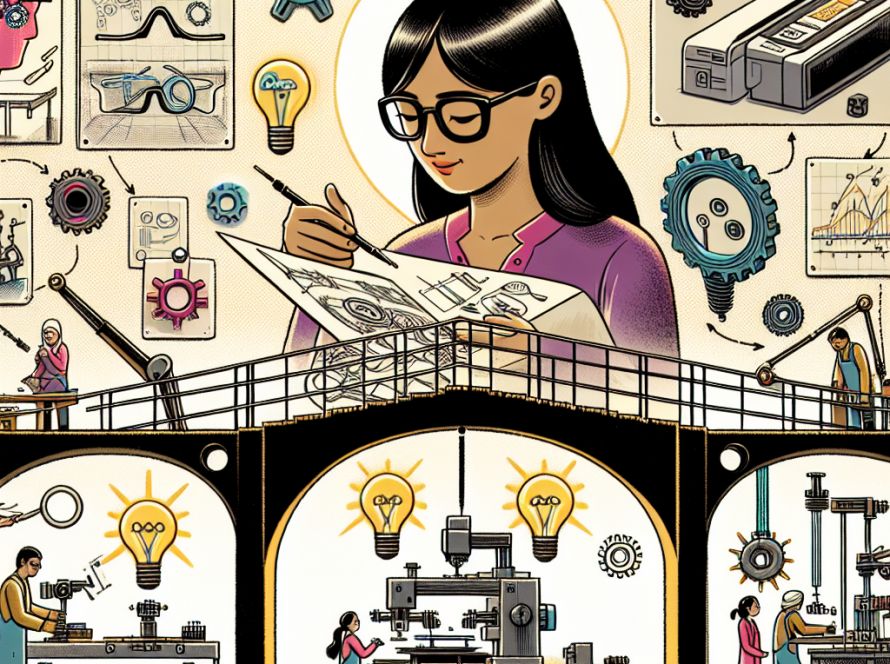Google has promised to “fix” the errors produced by its AI art generator, Gemini, in response to a wave of criticism from users. Most of the backlash focuses on its inaccurate depictions of historical figures, such as Catholic popes, European knights, and US presidents, leading to a flurry of viral posts describing the bot’s limitations. On one social platform, users voiced their frustration and confusion over these discrepancies.
Google executive Jack Krawczyk, who works in machine learning, posted in response to the critiques, promising immediate remedial action and thanked users for their feedback, viewing it as part of the platform’s evolution.
Google’s misstep with Gemini underscores the ongoing struggle to create language-learning models (LLMs) that accurately reflect both historical and contemporary realities. This incident is reminiscent of previous controversies where AI chatbots and art generators have been criticized for implicit bias against women and people of color due to their generally unrepresentative output.
In a 2023 study, it was discovered that AI-generated faces of white individuals were perceived as more ‘trustworthy’ and ‘convincing’ compared to faces of people of color. Similarly, a 2023 investigation by the Washington Post found that the AI Midjourney exhibited clear racial bias in its depictions, specifically against Black individuals.
On Elon Musk’s platform, several right-leaning commentators seized the opportunity posed by the Gemini controversy to accuse Google of pandering to marginalized groups.
Google’s commitment to diversity, equity, and inclusion (DEI), embodied in efforts to include underrepresented groups in its product lineup, is evident. Consequently, mishaps like the Gemini incident may be unintended consequences of these well-intentioned DEI efforts. A potential explanation is that while the AI chatbot understood the broad requirement for diversity in its images, it failed to grasp subtler nuances like variations in skin color, leading to erroneous depictions of well-known figures like popes.
In response to users’ allegations about Gemini, the team tested the current version of the AI with a series of prompts. Requests for visual renderings of “Australian women” netted diverse results, debunking one user’s claim that Gemini failed to portray white Australian women. A request for images of Vikings produced satisfactory images as well.
However, when asked to generate a “historically accurate image of a Pope,” Gemini claimed it could not fulfill the request, indicating there are indeed gaps in its understanding or representation of historical figures. This data supports the validity of many users’ complaints, and reinforces Google’s commitment to repairing the AI’s flaws.


